The Supreme Court has been adding a lot of spice to our politics in recent times, but I did not see the Bayelsa bombshell coming. Less than 24 hours to the swearing-in of APC’s David Lyon as the governor, the court nullified his election because of the credentials of Senator Biobarakuma Degi-Eremienyo, the deputy governor-elect. The two-time senator was accused of providing “false information” and swearing to an affidavit to back his claims in the nomination forms submitted to the Independent National Electoral Commission (INEC). Since his candidature was nullified, that also meant Lyon, his principal, suffered the collateral damage. Both of them had to go down together.
The PDP had challenged the Lyon/Degi-Eremienyo ticket at a federal high court in Abuja before the November 16, 2019 election. Four days to the D-Day, Justice Inyang Ekwo delivered a judgment disqualifying APC from the election, ruling that there was no connection between the names on Degi-Eremienyo’s various certificates. The submitted first school leaving certificate, West African secondary school certificate, first degree and graduate degree all have different names. The court concluded that this was false information and disqualified him. Since the governorship nomination is invalid without a running mate, it meant APC was not qualified to run in the election.
Degi-Eremienyo appealed, not surprisingly. Two days to the election, the Court of Appeal granted an injunction suspending the high court judgment in order to allow APC participate in the election. Then on December 23, 2019 — five weeks after the election had been won by the Lyon/Degi-Eremienyo ticket in the traditionally PDP state — the Court of Appeal ruled in favour of APC. Not surprisingly again, PDP appealed. Nigeria is configured in a way that until a case reaches the Supreme Court, litigation won’t stop. These days, they are even appealing against the apex court! If it were still possible, they would be heading to Privy Council in the UK, the highest court during colonial rule.
In any case, PDP had a good outing in the Supreme Court, which upheld the high court judgment, nullified the votes scored by APC in the election, and asked INEC to do the rest of the job in line with constitutional requirements — unlike in the Imo case when it specifically asked INEC to return Senator Hope Uzodinma of the APC as the winner of the governorship election. The initial question being raised on social media, where most discussions take place nowadays, was that PDP’s Douye Diri could not be declared winner because he did not score one-thirds of votes cast in two-thirds of the state. They forgot that APC’s votes would now count for nothing in the final analysis.
Advertisement
After looking at the whole drama, I have a number of observations, conclusions and recommendations. For one, I am still not sure there is a water-tight case of false information against Degi-Eremienyo. The fact that somebody used different names at different times does not mean the information is false. Was it ascertained that he is, indeed, not the same person? A cousin of mine, now of blessed memory, used at least five different names in her lifetime. She woke up one day, dropped her family name, adopted her maternal grandfather’s, changed to her step grandfather’s, then to her husband’s and finally to her father’s first name. She battled rejection all her life.
The lesson here, for me, is that things have to be done properly and in order. Degi-Eremienyo should have sworn to affidavits at each point he changed his name — if that was the real case. In Nigeria, we do things anyhow, believing there would be no consequences. People even have different dates of birth. BVN registration has put many Nigerians in trouble. Our “anyhowness” in Nigeria does not have a parallel elsewhere in the world. I want to assume that this is what has come back to bite Degi-Eremienyo. I don’t know how much effort his lawyers made in court to prove that he is the same person. Twitter arguments cannot replace court submissions.
Two, the time has come for the National Assembly to make a law mandating INEC to verify certificates. From what I understand, a vast number of Nigerian politicians are parading fake documents: fake birth certificates, fake school certificates, fake degrees, including PhDs, and fake NYSC discharge certificates. A former speaker of the House of Representatives once told me that when he wanted to constitute committees and asked members to submit their credentials, he almost ran mad. He could not believe the number of “honourable members” who came forward with bogus certificates, mostly from foreign institutions. They know they can get away with it.
Advertisement
INEC used to disqualify candidates after screening their credentials until the Supreme Court ruled in favour of Vice-President Atiku Abubakar in 2007. President Olusegun Obasanjo had desperately tried to disqualify Atiku from contesting in that year’s presidential election after their very public falling-out. He set up the Ignatius Ayua panel, made up of famous names such as Oby Ezekwesili, to indict Atiku. INEC eagerly used the white paper to carry out the order. But the Supreme Court ruled that INEC could not disqualify anybody, that only a court could. The court apparently wanted to clip Obasanjo’s tyranny, but it ended up creating a destructive lacuna. INEC must get back its power.
Three, politicians and political parties must begin to take the nomination process more seriously. That is one big lesson that should stick out from the Bayelsa case. APC did a poor job in its selection of candidates for the 2019 elections. There was hardly any state where the APC conducted itself decently. They ended up not having governorship candidates in Rivers and Zamfara states because of these shenanigans. I have always believed that there is no difference between APC and PDP apart from APC’s world-class expertise in propaganda — and I have never seen anything to make me change my mind. Their character and characteristics are strikingly alike.
When the Supreme Court uninstalled PDP’s Rt Hon Emeka Ihedioha as the governor of Imo state and replaced him with Uzodinma, the PDP cried blue murder, saying “our democracy is endangered”. APC said justice was well served. Now that the same court has nullified the election of APC’s Lyon as governor of Bayelsa, PDP is happy while the APC is crying “our democracy is endangered”. It reminds me of when APC was the leading opposition party in the country: the only election that was “free, fair and credible” was the one they won. If PDP won, they would demand that Prof Attahiru Jega, the INEC chairman at the time, be fired. Birds of a feather.
Four, there is a debate as to why a governorship candidate should be disqualified on the account of the illegibility of the running mate. Everybody should carry their own can, according to a particular line of argument. This is tricky. It can be argued that since it is a joint ticket and the requirements are the same, what affects one must affect the other. This is because if a governor dies, resigns or is removed from office, the deputy steps in automatically. Therefore, it makes sense that both of them are treated as two sides of a coin. I do not think we need to change our laws in that regard. Parties should just make sure their tickets are not contaminated by either candidate.
Advertisement
Five, I like the fact that the Supreme Court did not declare Odiri the governor-elect. It simply said INEC should do the math and conclude its job. This, in my view, is the logical thing to do. This is a departure from the Imo case where it asked INEC to return Uzodinma as governor-elect. I still believe that what the Supreme Court should have done was to order INEC to include the 388 result sheets excluded from collation, do the math and complete the job. This would have allowed INEC to check if Uzodinma met the crucial constitutional requirement of spread — failing which there would have been a run-off between him and Ihedioha. That makes more sense to me.
Finally, it may not seem like it but our democracy has just been strengthened. When the Supreme Court nullified APC’s votes, I was quietly afraid INEC was going to play some funny games to please the ruling party by not declaring PDP as the winner. INEC usually took its cue from Obasanjo in those days. In fact, it appeared INEC was a chapter of PDP before Jega became its chairman. The party essentially gave directives to INEC which the electoral umpire dutifully obeyed. I was, therefore, expecting something funny from INEC on Friday. I thought they would still be counting APC’s useless votes. But they rose to the occasion and did the right and lawful thing. For me, this is progress.
1 comments

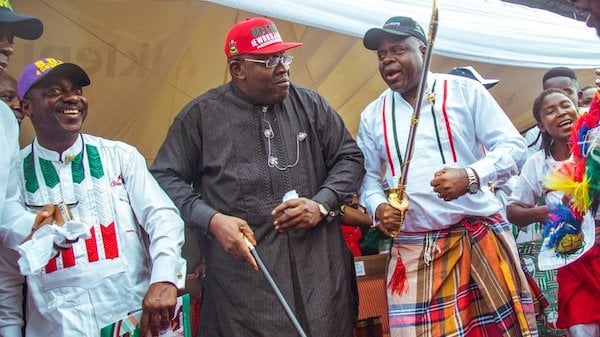

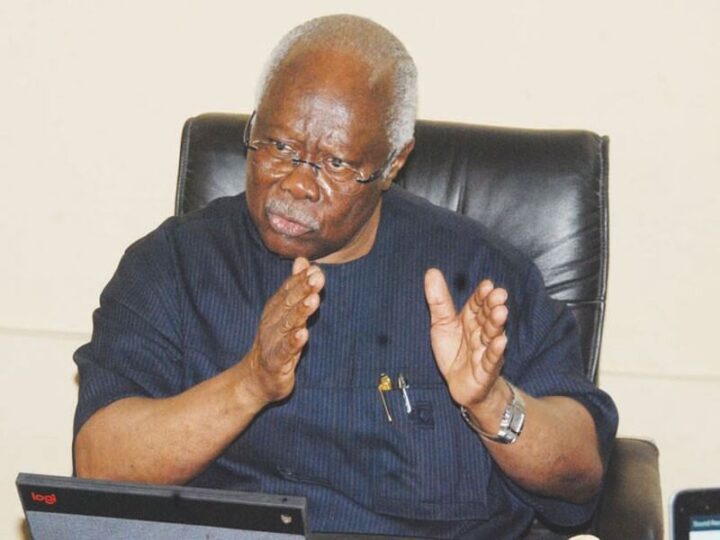
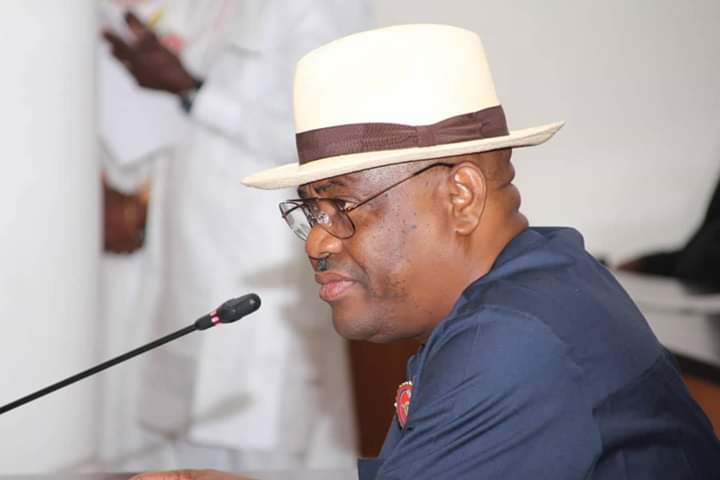
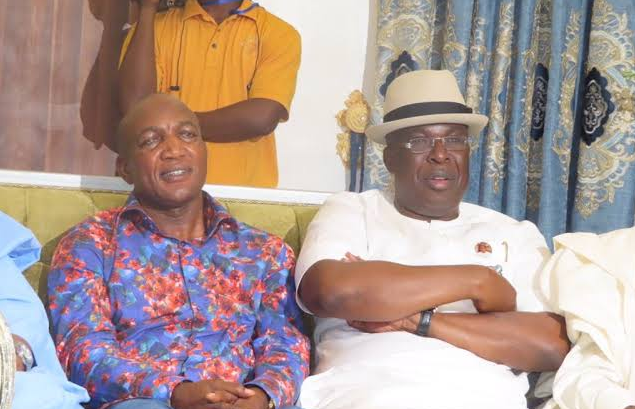
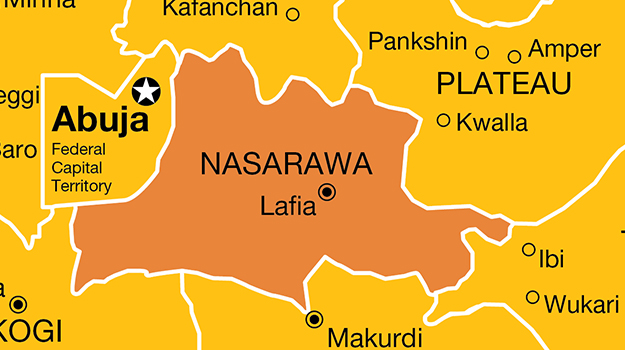

Hello, this is without your other snippets which you usually add at the bottom of your main article. Enjoyed reading this one as usual